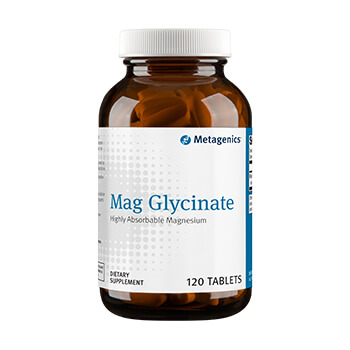The integrative medicine approach to high cholesterol focuses on identifying and addressing the underlying causes of cholesterol imbalance. Holistic cholesterol management involves cholesterol tests, including lipid profiles, and possible genetic testing. Recommendations to lower your cholesterol often include eating a balanced diet, maintaining a healthy weight, supplements, herbs, or other therapies. In some cases, your doctor may also recommend a statin to help lower cholesterol.
An integrative doctor will also advise you about other risk factors which can negatively impact heart health, such as high blood pressure, high stress, underlying infections, and poor gut health. The goal of functional medicine for high cholesterol is to find a treatment plan that is tailored specifically to each person.
To begin your integrative treatment for high cholesterol, contact us today — virtual appointments are available!
Healthy Cholesterol Levels
Unhealthy cholesterol levels, known as dislipidemia, may increase risk for heart attack and stroke. These occur when fatty, cholesterol-containing deposits, called plaque, build up and block the flow of blood and oxygen to the heart over time
Starting in your 20s, it’s recommended to get your cholesterol levels measured once every 4-6 years. There are several different markers that your integrative doctor will discuss with you concerning your cholesterol levels.
Basic cholesterol tests include:
- High-density lipoprotein (HDL) - “good cholesterol”
- Low-density lipoprotein (LDL) -“bad cholesterol”
- Total cholesterol
- LDL to HDL ratio
- Triglycerides
- Very low-density lipoprotein cholesterol (VLDL)
Additional tests can show particle size and subtypes of cholesterol, which may be a better predictor of heart health.
Lipoprotein particle profile (LPP) — Provides metabolic information and levels of inflammation that affect cholesterol levels.
Vertical auto profile (VAP) — Measures even more lipoprotein classes, such as Lp(a), LDL, and VLDL. VAP can identify risk factors for cardiovascular disease that cannot be identified using the standard lipid panel.
Healthy cholesterol levels are important for overall cardiovascular health. For current and potential patients, the only way to know whether you have high cholesterol is to get your cholesterol levels checked.
Want to learn more?
Frequently Asked Questions About Cholesterol
What if I have a family history of high cholesterol?
Familial hypercholesterolaemia increases risk of cardiovascular disease. Your doctor can perform tests to determine if you have a genetic component in your high cholesterol.
Should I take a statin to reduce cholesterol?
Statins have been shown to be effective at reducing heart attacks and strokes in some people, but there are risks associated with their use, and they may not be the right choice for all patients.
Does eating foods with saturated fat increase cholesterol?
Foods with saturated fats do appear to increase levels of LDL cholesterol, but do not affect HDL or triglycerides, and therefore do not seem to increase CVD risk.
Root Causes & Risk Factors for High Cholesterol
The INTERHEART study, which looked at the incidence of heart attacks in every inhabited continent in the world (in 52 countries), found that most risk factors include modifiable dietary and lifestyle actions. These modifiable risk factors for high cholesterol include:
- Metabolic dysfunction (type 2 diabetes, NAFLD, etc.)
- Smoking
- Sedentary lifestyle
- Obesity
- A diet high in refined sugars or trans fats
Schedule an appointment, or call (404) 814-9808 to speak with a patient care coordinator.
Supporting Services for High Cholesterol Treatment
Health Coaching
A health coach works with you and your provider to implement lifestyle changes to promote healthy cholesterol levels. Your health coach also provides education on the topics of nutrition, physical activity, as well as creating and maintaining behavior change, and integrative treatment strategies.
Even if you have a genetic predisposition to high cholesterol levels, living a heart healthy life can still dramatically influence your lipid metabolism for the better.
Weight Management
A healthy weight can be enough to improve your cholesterol levels. Being overweight or obese can raise your chances of high triglycerides and high total cholesterol, as well as risk factors like insulin resistance and elevated inflammation.


